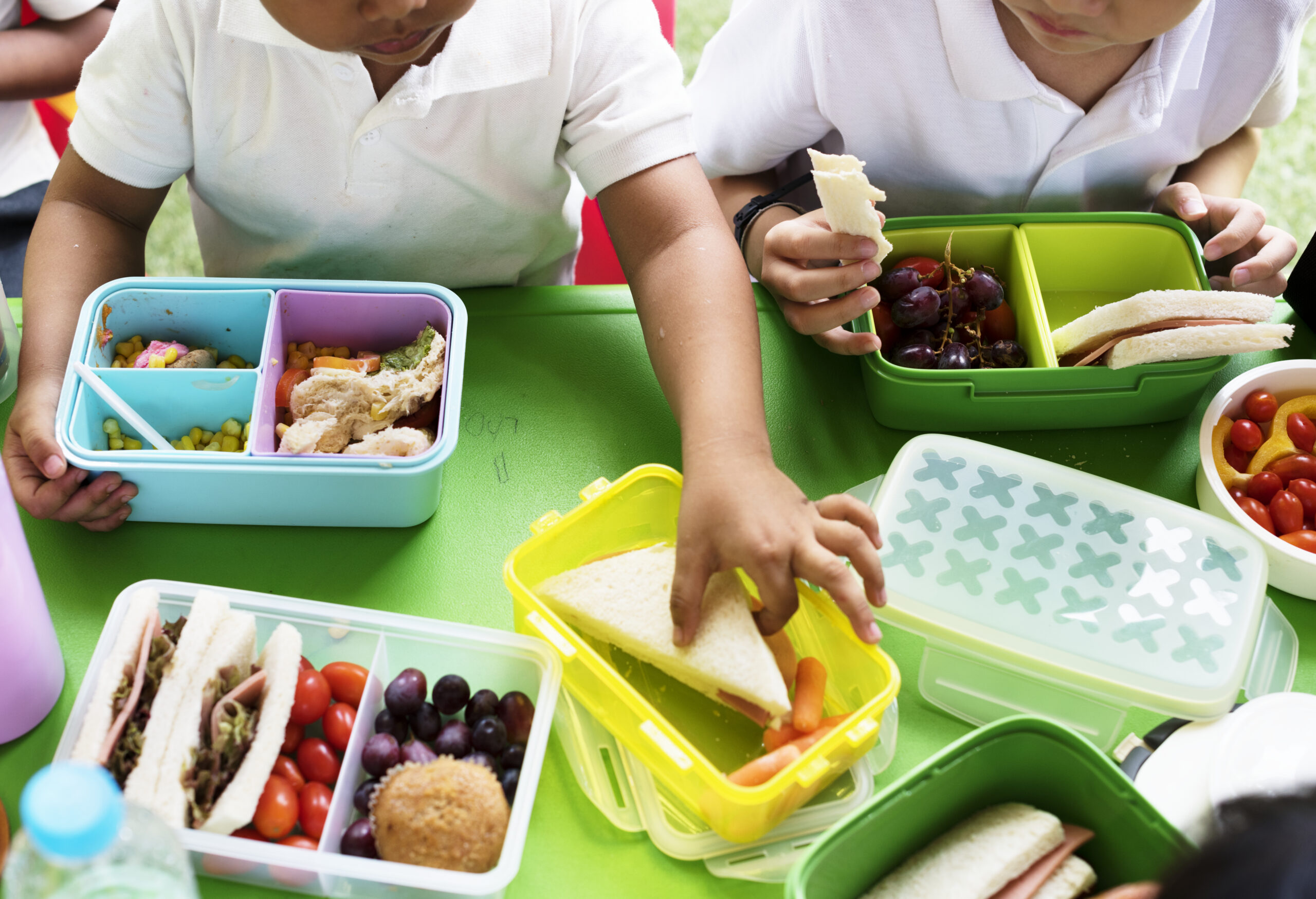Healthy Diet in Preschoolers

A country’s ability to reach the expected level of civilization socially and economically depends on the existence of physically and mentally strong, healthy and talented individuals. Having adequate and balanced nutrition for children and young people, who make up the majority of the population of Turkey, is a prerequisite for them to be healthy and productive individuals in the future. The personality of the child is shaped especially in the pre-school period, and the acquisition of habits that will be effective on his adult behavior is based on these years. Due to the rapid growth and development of preschool children, the need for many nutrients is higher than in other periods of their life. For this reason, it is very important to acquire well-developed eating habits as well as adequate and balanced nutrition in this period. The healthy eating habits that the child gains at this age affect the next periods of his life and constitute the main solution to prevent nutritional problems that may arise in the future. Because healthy nutrition plays an important role in the physical, social and emotional development and behavior of the child.
The pre-school period, which includes children between the ages of one and six, is also called the “game child” period. In this period, from the first age, the child gradually begins to gain independence, and the child becomes an individual that begins to change in the family. In this period of countless development and change, the child’s eating habits are also directly or indirectly affected by the nutritional habits of the family, especially the parents.
During the playboy period, the child is subject to the foods offered to him in terms of nutrition. Parents and caregivers, if any, should know that their food habits, likes and dislikes will be imitated by the child. The insistence of the parents to feed, the attitudes emphasizing the eating process such as rewarding and punishing negatively affect the child’s eating habits. Children’s food consumption changes daily, and it is characteristic of this age group that they eat less on some days and more on some days. However, the child should be accustomed to a regular nutrition program by taking measures such as giving his meals at a certain time and not allowing foods such as biscuits, crackers, bagels, cola, and chocolate to be eaten as snacks outside of meals.
Protein-energy malnutrition, vitamin D insufficiency, anemia, various vitamin deficiencies, simple goiter and common dental caries are among the important health problems seen in preschool children in Turkey. In addition, in recent years, obesity (obesity) in preschool and school age children has become a rapidly increasing problem in Turkey as well as all over the world, due to rapid changes in lifestyle and eating habits. Since the nutrition of the preschool child group is completely dependent on others, overeating, ie obesity, seen in this age group is mostly the fault of parents and caregivers. With the increase in energy consumption, this energy consumed in excess is stored in the body as fat and manifests itself with excessive weight gain.
Recommendations for healthy eating in preschool children are listed below.
- In order for children to have a healthy diet, they need to consume a variety of foods from the four food groups in sufficient quantities and in a balanced way. Milk, yogurt in the dairy group, meat, chicken, eggs, cheese, legumes, vegetables and fruits in the meat group, and bread, bulgur, pasta, rice, etc. in the cereal group. It is recommended that foods be consumed in sufficient quantities at each meal.
- It is important for children to consume 2-3 glasses of milk or yoghurt and 1 matchbox of feta cheese a day, especially for bone and tooth development. If 1 egg, 500 ml of milk or yoghurt, 1 meatball as much as 1 meatball or 1 portion of legumes are consumed in the daily nutrition plan, protein intake is sufficient for the child.
- Breakfast is the most important meal for children. After starving all night long, our body and brain need energy to start the day. Care should be taken to ensure that children acquire the habit of having breakfast regularly every morning. Cheese, boiled egg, fresh fruit juice, a few slices of bread or 1 glass of milk, pastry, tangerines are examples of a sufficient and balanced breakfast for children.
- Keeping physical and mental performance at the highest level throughout the day is possible by regularly consuming snacks and main meals. Therefore, meals should not be skipped. It is most appropriate to take the foods to be consumed daily in 3 main meals and 2 snacks.
- High sugar and sugary foods are not positive for children’s nutrition. There is a close relationship between sugar intake and loss of appetite and tooth decay. In order to reduce or minimize this risk, it is recommended not to consume sugary drinks, sweets, biscuits and chocolate, especially not to be given to children during snacks, and to consume fresh fruits instead of these foods.
- Compared to adults and school-age children, sugar provides much more energy in the diet of pre-school children. When we look at the diets of children who consume high levels of sugar, the main source of sugar is fruit candies, instant fruit juices and cola drinks. Instead of these drinks, freshly squeezed fruit juices, milk, ayran, etc. consumption of beverages should be preferred.
- It is very important for children to acquire the habit of washing hands and brushing teeth for a healthy life. Dirty hands can be the cause of many diseases, from a simple cold to fatal hospital infections. For this reason, it is necessary for children to get into the habit of washing their hands thoroughly with soap under warm running water, especially before and after eating, after going to the toilet, after playing outside, and when they come home from outside.
